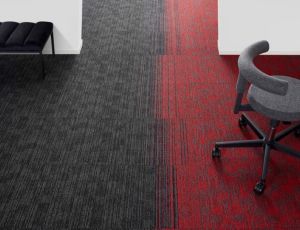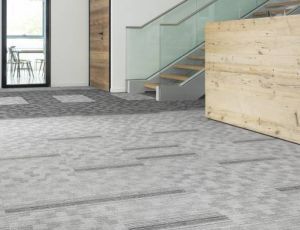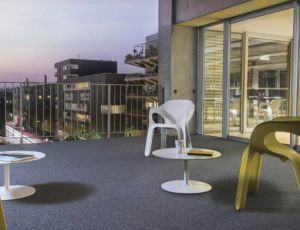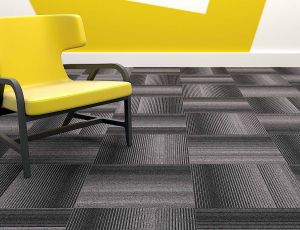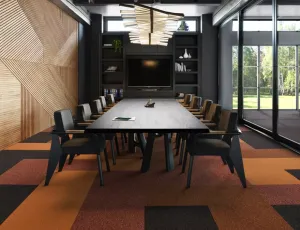Carpet tiles
What are Carpet Tiles?
Carpet tiles are an innovative solution in the field of floor finishing, which involves using square or rectangular pieces of carpet instead of traditional rolled carpet. These tiles are easy to install and replace, and they also offer great flexibility in terms of design and customization of space.
Which Carpet Tiles for Specific Rooms?
Offices and Commercial Spaces. Due to their durability and ease of maintenance, carpet tiles are an ideal choice for offices and other commercial spaces. They also provide acoustic properties that can improve work comfort.
Living Rooms and Bedrooms at Home.
Carpet tiles are a good option for homes, offering the comfort and warmth of a carpet, while making cleaning and maintenance easier. Children's Rooms and Playrooms.
Due to their durability and ease of cleaning, carpet tiles are an excellent solution for children's rooms and playrooms.
Materials Composing Carpet Tiles - Advantages and Disadvantages
Nylon (Polyamide).
Nylon is the most popular material for producing carpet tiles due to its durability and stain resistance. The downside may be a higher price compared to other materials.
Polypropylene.
Polypropylene is a more economical choice, but it may not be as durable as nylon. However, it has good stain resistance.
Types of Weaves on Carpet Tiles.
Loop Pile.
Characterized by thread loops forming the carpet surface. It is durable and resistant to wear, ideal for high-traffic areas.
Cut Pile.
In this weave, the thread loops are cut, giving a soft and fluffy finish. It is less wear-resistant but more luxurious to touch.
Mixed Pile.
Combines cut and uncut loops, which allows for creating various patterns and textures.
Use of Carpet Tiles in Offices, Institutions, Homes. In Companies.
Offices, shops, restaurants, and other businesses can use carpet tiles to create attractive and practical spaces. In Institutions.
Schools, libraries, hospitals, and other institutions can benefit from carpet tiles due to their durability, sound-absorbing properties, and ease of maintenance.
At Home. Carpet tiles are an excellent choice for living rooms, bedrooms, children's rooms, and other home spaces. They are easy to clean, and their replaceability makes it easy to keep them in good condition.
Advantages of Carpet Tiles
Ease of Installation and Replacement.
Carpet tiles are easy to install and can be replaced individually, meaning that damage to certain segments does not require replacing the entire carpet.
Design Versatility.
Carpet tiles offer a vast variety of patterns, colors, and textures, allowing for the creation of unique combinations. Durability. They are resistant to wear and stains, making them an ideal choice for heavily used spaces.
Economy and Ecology.
Carpet tiles are economical, as damaged tiles can easily be replaced, eliminating the need to replace the entire carpet. Many companies also offer carpet tiles made from recycled materials or that can be recycled after use, contributing to environmental protection.
Acoustic Comfort.
Carpet tiles improve the acoustic comfort of rooms by absorbing sounds and reducing echoes. Therefore, they are ideal for use in offices, schools, or homes, where noise reduction can contribute to improved well-being and work efficiency.
Ease of Cleaning.
Carpet tiles are easy to clean and maintain. Most stains can be removed with regular carpet cleaning products, and if needed, individual tiles can be replaced. This makes them an excellent choice for high-traffic areas such as offices, shops, restaurants, and also for families with small children or pets.
Personalization Possibility.
Carpet tiles allow for creating unique patterns and colors on the floor. They can be arranged in various ways, creating contrasting patterns or subtle color transitions, allowing for tailoring the floor to individual needs and room style.
Thermal Comfort.
Carpet tiles provide thermal insulation, helping to retain heat in rooms, especially during colder months. This can help reduce heating costs and improve the comfort of using the rooms.
Safety.
Carpet tiles are safe to use. They have anti-slip properties, reducing the risk of falls and injuries. They are also more fire-resistant than some other types of flooring, making them a safe choice for various types of rooms.
Ease of Dismantling and Moving.
Carpet tiles can easily be removed and moved to another room or address, making them a practical solution for rental properties or people frequently changing their residence.
Availability of Different Thicknesses and Properties.
Carpet tiles are available in various thicknesses and properties, allowing them to be tailored to individual needs and preferences. Thicker tiles can provide more comfort, while thinner ones may be better for commercial applications where greater durability is required.
Convenience of Transport and Storage.
Carpet tiles are easier to transport and store compared to traditional carpets. They are lighter and easier to carry, which facilitates logistics and installation.
Impact on Health and Air Quality.
Carpet tiles can help maintain a healthy indoor environment, as some of them are made from anti-allergic and anti-static materials. Additionally, carpet tiles can affect indoor air quality by absorbing dust and pollen, contributing to maintaining cleaner air. Added Value for Property.
The use of carpet tiles can add value to a property by improving aesthetics, comfort, and floor durability. When selling or renting a property, attractive carpet tiles can attract potential customers and increase interest.
.webp)
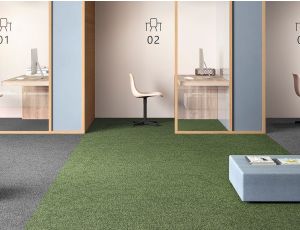












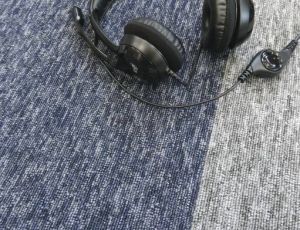
.jpg)





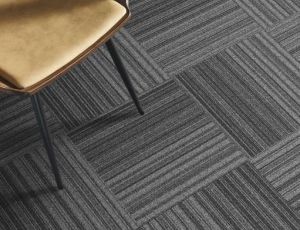


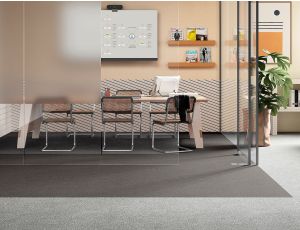














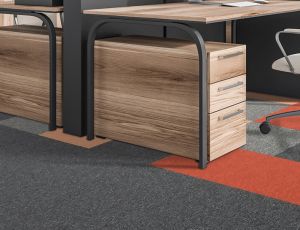




























.jpg)





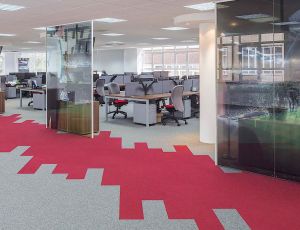


















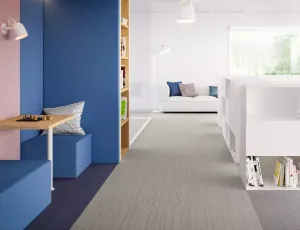






















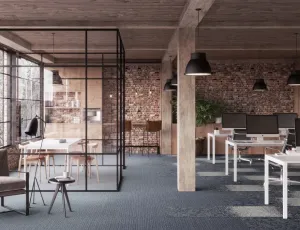




























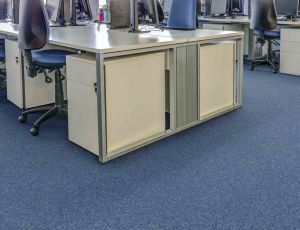













.webp)
.jpg)
.jpg)
.jpg)
.jpg)
.jpg)
.jpg)
.jpg)
.jpg)
.jpg)
.jpg)
.jpg)
.jpg)
.jpg)
.jpg)
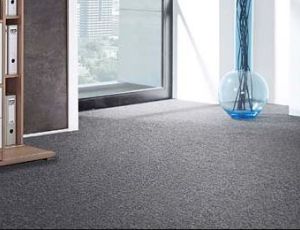






















































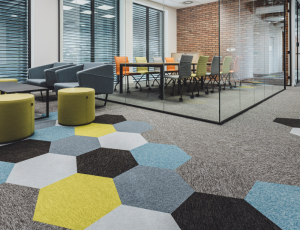






















.jpg)
.jpg)
.jpg)
.jpg)
.jpg)
.jpg)
.jpg)
.jpg)
.jpg)
.jpg)
.jpg)








.jpg)

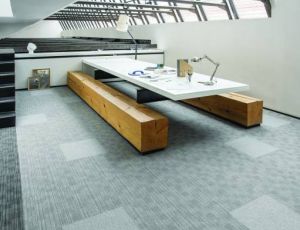







.jpg)
